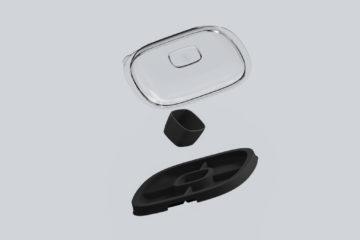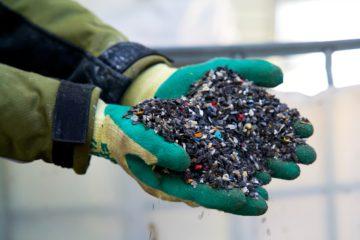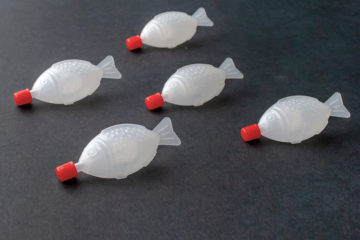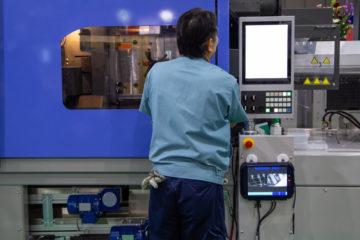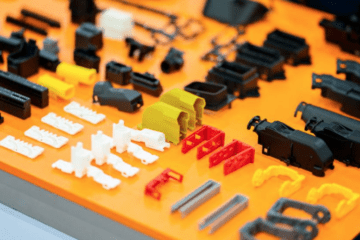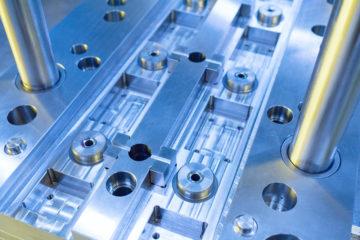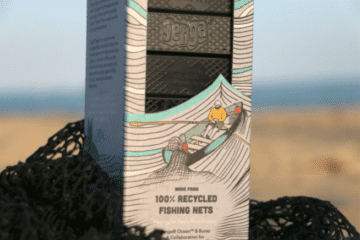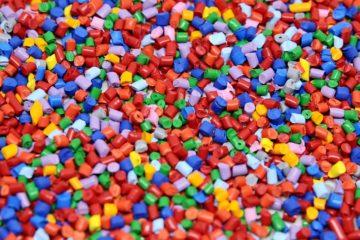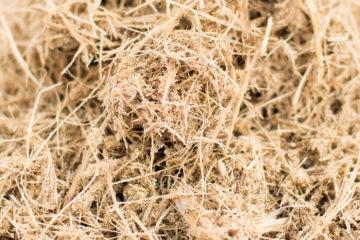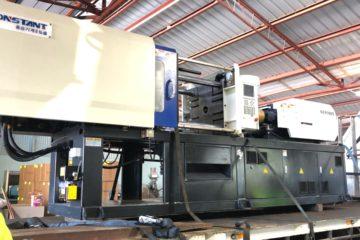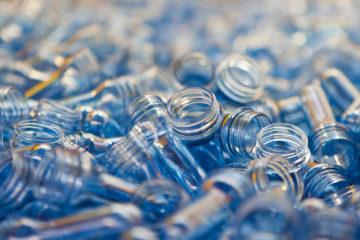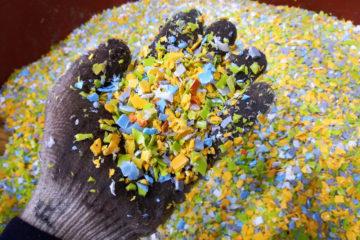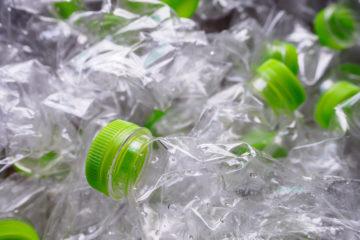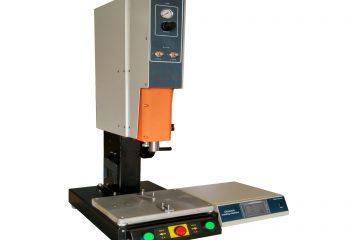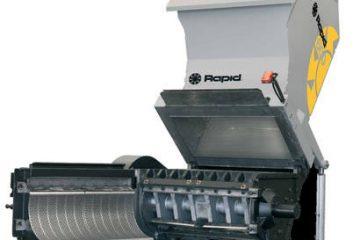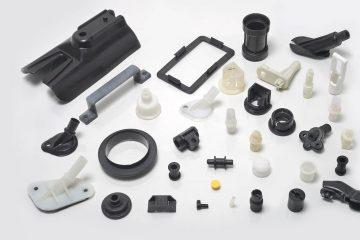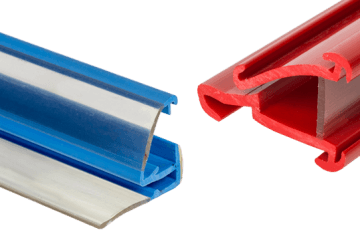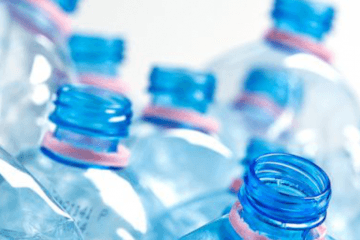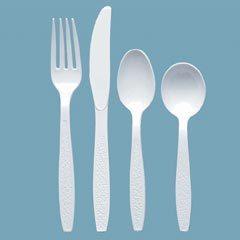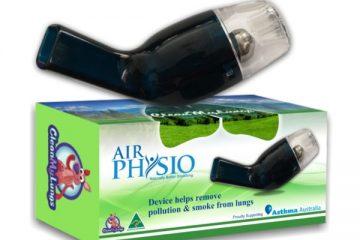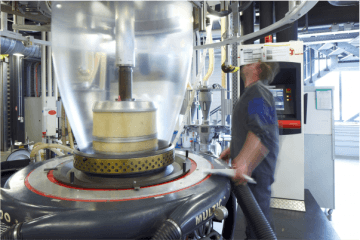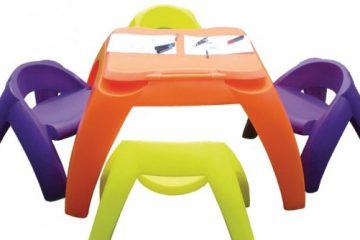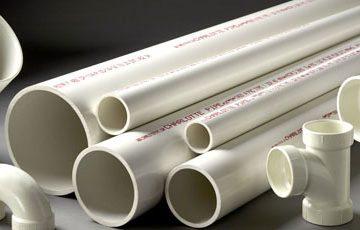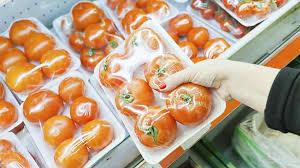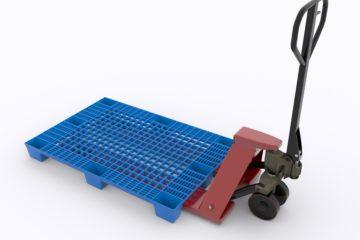
Polystyrene (PS) plastic is a naturally transparent thermoplastic that is available as both a typical solid plastic as well in the form of a rigid foam material. PS plastic is commonly used in a variety of consumer product applications and is also particularly useful for commercial packaging. Dow Chemical Company invented a proprietary process to make their trademarked and well-known polystyrene foam product “styrofoam” in 1941. The material is somewhat controversial among environmental groups because it is slow to biodegrade and is increasingly present as outdoor litter (particularly in the form of foam floating in waterways and the ocean).
The solid plastic form of polystyrene is commonly used n applications requiring a balance of low cost, rigidity, light weight and clarity. These are often disposable or short use items like test tubes or petri dishes, CDs cases, plastic cutlery and food containers like yogurt tubs or the red “solo” cup you drink from at a BBQ and/or when you’re losing in a game of beer-pong.
The foam form of polystyrene is used most often as a packing material. You have probably unpacked a custom styrofoam housing if you’ve ever bought a new television or computer. Similarly, you’re probably familiar with styrofoam packing “peanuts” used as filler for miscellaneous small items being shipped. Styrofoam is also used for “to-go” containers and disposable tableware from many restaurants.
Polystyrene is typically a homopolymer, meaning that it is composed only of the monomer styrene in combination with itself. Depending on the type of Polystyrene it could be classified as a “thermoplastic” or a “thermoset” material. The name has to do with the way the plastic responds to heat. Thermoplastic materials become fully liquid at their melting point (210-249 degrees Celsius in the case of Polystyrene), but they begin to flow at their glass transition point (100 degress Celsius for PS). A major useful attribute about thermoplastics is that they can be heated to their melting point, cooled, and reheated again without significant degradation. Instead of burning, thermoplastics liquefy, which allows them to be easily injection molded and then subsequently recycled. Thermoset plastics, by contrast, will not reliquify once they are “set” in solid form.
Polystyrene is very inert in that it doesn’t react particularly well with either acidic or basic solutions. However it is susceptible to chlorinated or hydrocarbon based substances such as fuels, which will dissolve it rapidly.
If PS isn’t the right plastic for you, take a look at our article on the 10 Common types of plastics.
Subscribe to Our Newsletter
Get the latest news from Dienamics into your inbox





